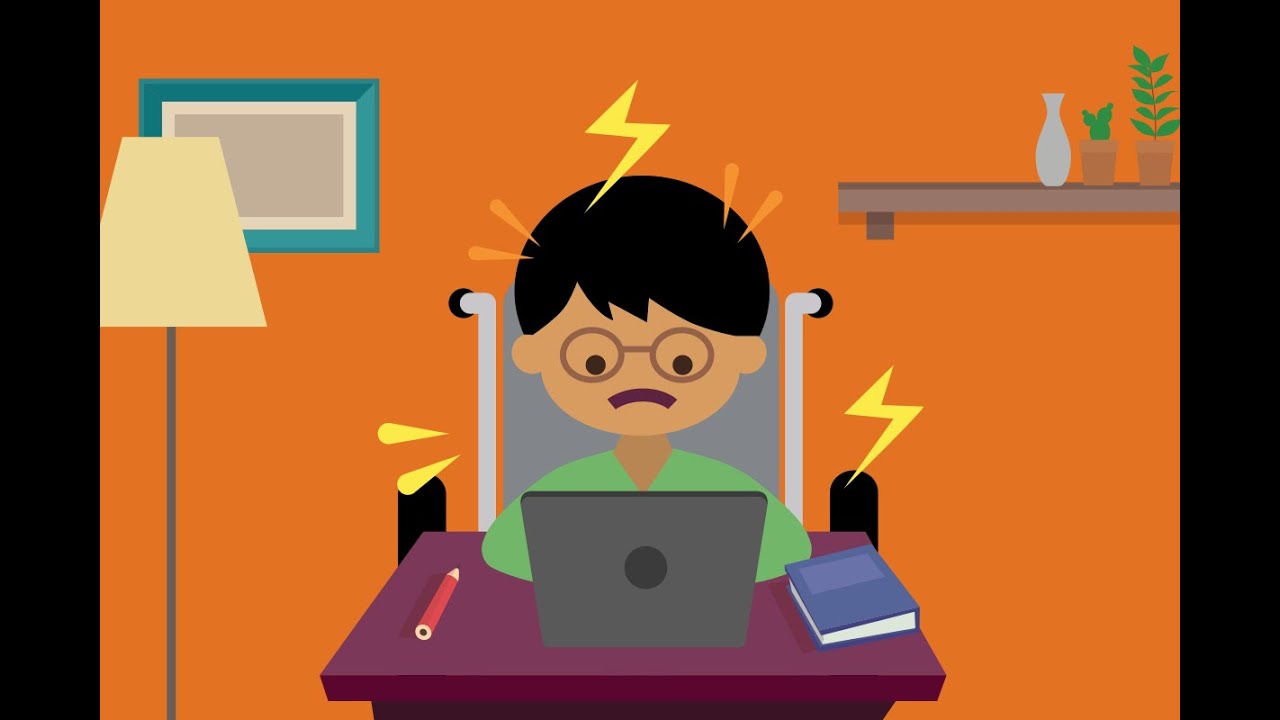
**The Impact of Negative Online Content on Mental Health and the Potential of Digital Diet Applications**
In a time when the internet plays a pivotal role in our everyday existence, the effects of our browsing choices have raised increasing alarm among researchers, mental health experts, and the technology sector. A significant study from scholars at University College London (UCL), featured in *Nature Human Behaviour*, illuminates a vital yet under-researched topic: the reciprocal connection between negative online content and mental health. Their work also proposes an encouraging development—a browser tool designed to assist users in making healthier online decisions that align with their mental wellness.
### The Results: Negative Content Creates a Feedback Cycle
Researchers at UCL examined the online behavior and emotional health data of over 1,000 participants. Utilizing cutting-edge natural language processing (NLP) techniques, they scrutinized the emotional tone—positive, neutral, or negative—of the websites users visited. A notable trend surfaced: individuals with poorer mental health showed a tendency to engage more frequently with negatively charged content. However, this engagement did not merely reflect their emotional state; it actively seemed to worsen it, establishing a self-reinforcing feedback cycle.
The causal link of this dynamic was further validated through a controlled study. Volunteers were directed to browse websites categorized as negative, neutral, or positive. Those who encountered negative content reported significant drops in mood. When later allowed to access any site they chose, they tended to select more negative content, perpetuating their emotional decline.
This occurrence, referred to as a “feedback loop,” illustrates how particular online actions can cultivate a detrimental cycle over time. As Professor Tali Sharot, the study’s co-lead author, aptly states, “Browsing negatively charged content not only reflects an individual’s mood but can also worsen it.”
### Tackling the Issue: Launching the “Digital Diet” Plug-in
Recognizing the profound way online content impacts mental health is just part of the resolution. Acknowledging the pressing need for proactive measures, the UCL team also tested an innovative browser plug-in known as the “Digital Diet.” This tool was crafted to aid users in making more thoughtful selections about their online consumption by providing beneficial metrics alongside search results. These metrics include labels that evaluate a webpage’s emotional impact, usefulness, and informative value.
The initial outcomes were encouraging. Users of the Digital Diet plug-in displayed a significant inclination to choose content with more positive ratings. Importantly, they reported noticeable improvements in their mood following their browsing sessions. By enhancing users’ awareness of the emotional undertones of their options, the Digital Diet empowers individuals to escape the negativity feedback loop.
As PhD student Christopher Kelly, one of the study’s co-authors, noted, “Most studies have focused on the amount of screen time or social media usage. Our findings instead emphasize the significance of the type of content and its emotional tone.” This shift is crucial since it moves beyond merely advising reduced screen time; instead, it promotes more strategic and deliberate screen interactions.
### Wider Implications for Digital Engagement
The study not only introduces a useful tool but also prompts broader discussions regarding mental health and digital wellness. Recently, much of the conversation surrounding harmful internet behaviors has revolved around the duration of online activity. Concepts like “doomscrolling” have become common vernacular, yet their connection to mood and mental health has often been seen as indirect. This research underscores that it is the quality of online engagement, not just the quantity, that significantly influences well-being.
The implications reach developers and policymakers alike. Tools such as the Digital Diet could guide ethical design principles, encouraging tech companies to foster environments that enhance mental health rather than exploit emotional weaknesses. Likewise, educational initiatives could empower internet users with knowledge about the psychological dangers associated with negative content engagement.
### Glossary of Important Terms
Grasping the technical language in the study is crucial for understanding its importance. Below are some key terms:
– **Valence:** Indicates whether a stimulus (e.g., a website) is emotionally positive, neutral, or negative.
– **Natural Language Processing (NLP):** A branch of artificial intelligence that aims to enable computers to comprehend and interpret human language.
– **Feedback Loop:** A cyclical process where the outcome (e.g., worsened mood) impacts subsequent behavior (e.g., choosing more negative content), sustaining a cycle.
### Conclusions: A Promising Direction Ahead
This UCL study provides significant insights into the intersection of psychological health and technology usage. Unchecked negative online habits can intensify emotional distress, hindering recovery. However, tools like the Digital Diet illustrate that slight, deliberate modifications in our digital interactions can yield substantial positive outcomes.
Looking ahead, the focus will be on expanding these innovations. If widely embraced, solutions like the Digital Diet may provide considerable relief to individuals who find it challenging to disengage from detrimental online content. They also remind us that the internet—despite its challenges—can be reconfigured to